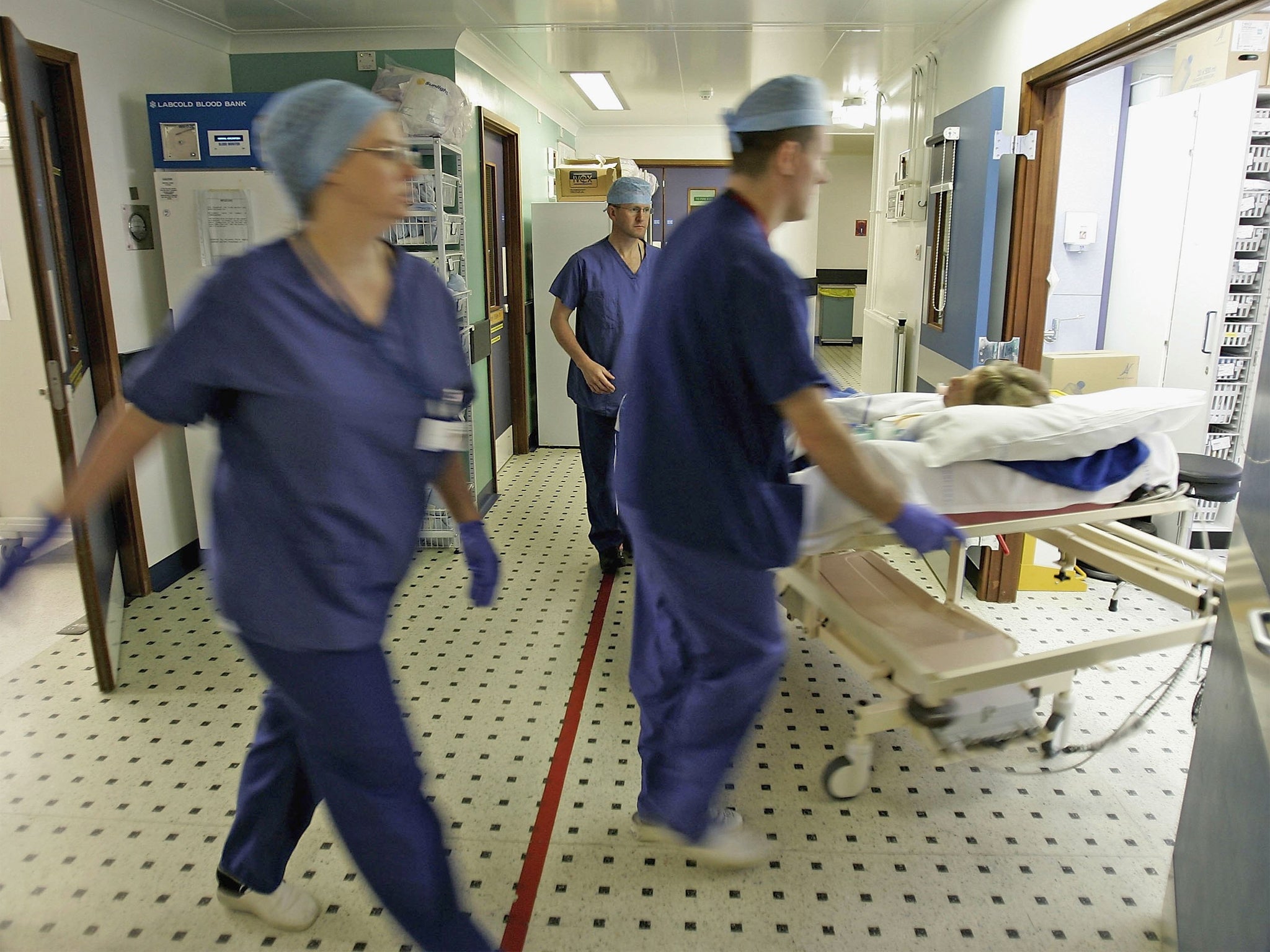Hospitals rely increasingly on income from fee-paying patients, warns BMA report

Hospitals in England are increasingly relying on income from fee-paying patients, as NHS budget pressures continue to mount.
One in six hospitals in England has expanded private treatment options this year, with critics warning that a “two-tier” NHS, in which those who can afford to pay get the quickest and best treatment, could already a reality.
Trust managers claim that paying patients are not allowed to “jump the queue” for services, but doctors say that the practice “undermines the principle of equity that should be at the heart of the NHS”.
Most NHS trusts already offer some private services to their patients but new figures obtained in an investigation by the British Medical Journal reveal that the range of treatments available has expanded as cost pressures on the health service increase.
Changes to Government rules under the Coalition mean that hospitals are allowed to up to raise 49 per cent of funds through non-NHS work – a huge increase on the 2 per cent cap set by the Labour government.
Twenty-one trusts added new private treatments for 2013-14 – often euphemistically categorised as “self-funded” services. Ninety per cent of NHS trusts already offer some form of private service to patients – often for treatments that are no longer available on the NHS, or have long waiting lists or high treatment thresholds.
Paul Flynn, chairman of the British Medical Association’s Consultants Committee, said that the schemes might be adversely affecting the majority of non-fee paying NHS patients.
“The BMA has concerns about self-funding, as it could create a two tier system whereby some patients can get treatments that others can’t because they can afford to pay for it. This undermines the principle of equity that should be at the heart of the NHS,” he told the BMJ. “We wouldn’t want NHS [hospitals] to be taking on significant numbers of self-paying patients, as this could impact on the services offered to NHS patients.
“We would also be concerned if self-paying patients jumped ahead of NHS patients due to the fact that they are paying for treatment.”
Among the hospitals that have expanded self-funded services this year are Epsom and St Helier University NHS Trust, which was one of the first to offer IVF to paying patients and Homerton University Hospital NHS Foundation Trust, which offers self-funding options to patients who “do not meet eligibility criteria for NHS funded treatment, or do not want to wait for NHS funding to become available.
Other treatments being self-funded included screening for hereditary diseases, MRI scans and vasectomies.
Fees for self-funded treatments are determined by what the cost would have been to the NHS, which is often less expensive than that offered by private healthcare companies.
The findings come a week after health leaders admitted the NHS was facing a funding gap of £30bn by 2020.
A spokesman for NHS England, said, “Access to NHS services is based on clinical need, not an individual’s ability to pay. NHS trusts and foundation trusts are permitted to offer private services to patients, provided that any such services do not interfere with their obligations to NHS patients.”
Subscribe to Independent Premium to bookmark this article
Want to bookmark your favourite articles and stories to read or reference later? Start your Independent Premium subscription today.

Join our commenting forum
Join thought-provoking conversations, follow other Independent readers and see their replies